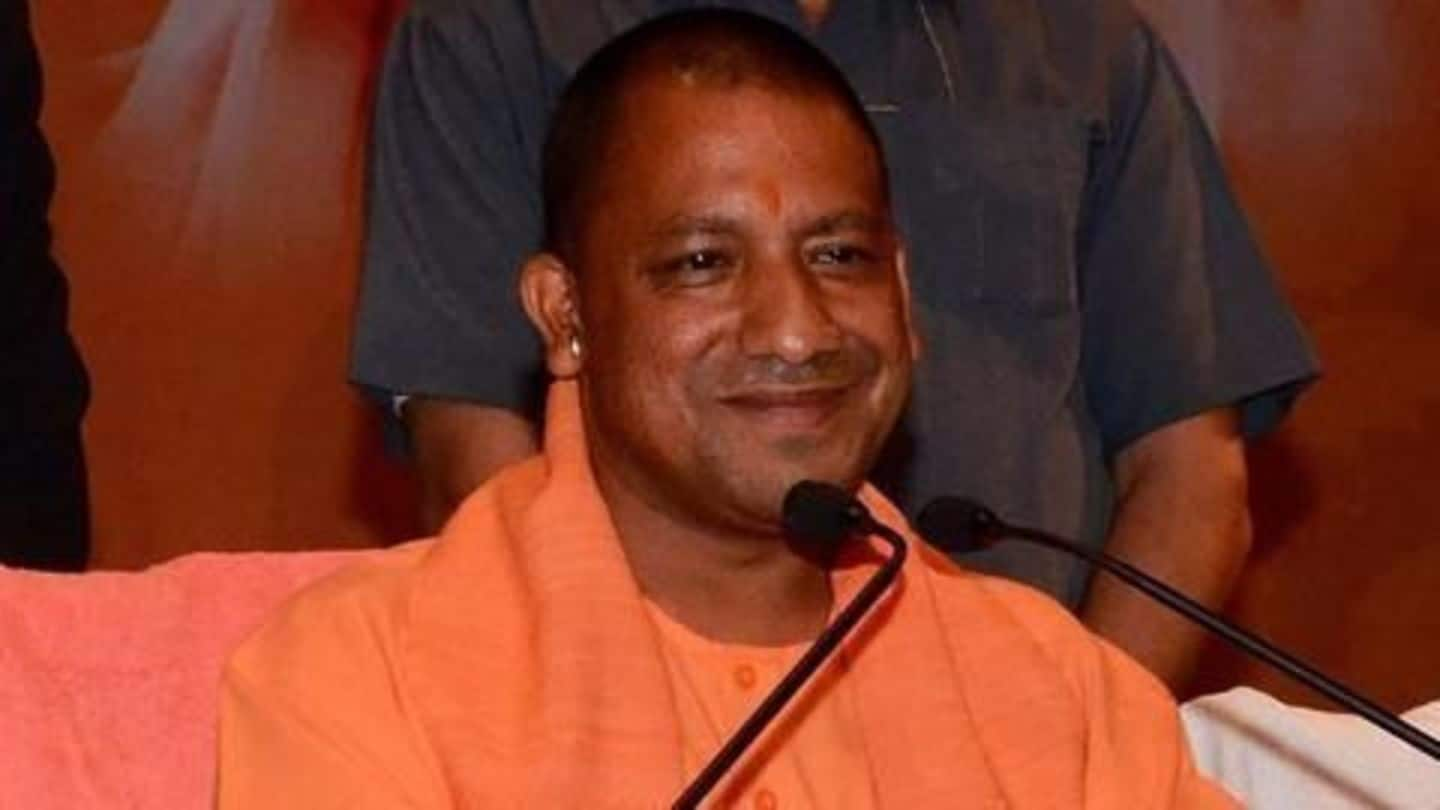
Youth arrested under Section 66A for Yogi Adityanath's morphed image
What's the story
22-year-old Rahat Khan of Greater Noida was arrested for allegedly posting morphed images of Yogi Adityanath on Facebook. Ironically, Khan was arrested under Section 66A of the IT Act, a section that has been invalid since the Supreme Court scrapped it in 2015. Since Adityanath became CM last week, at least two people have been booked and four arrested for 'objectionable' posts on him.
Information
The 'objectionable' post by Rahat Khan
Rajpal Tomar, station house officer of Dankaur police station, said, "Rahat Khan has posted morphed image of the newly-elected chief minister and captioned it with 'Yogi hai, ya bhogi hai' on his Facebook wall."
Subjectivity
Section 66A and its subjectivity
Till March 2015, Section 66A could send a person to jail for up to three years, along with fines, for posting information online that is "grossly offensive or has menacing character", or "causes annoyance or inconvenience". It applied to messages sent on any communication device, and included attachments in messages, audio, video, images and more. However, no term in the law was explicitly defined.
Controversy
Arrests under Section 66A and the controversy
The first petition came up after two Maharashtra girls were arrested in November 2012 for comments on Mumbai shutdown over Shiv Sena chief Bal Thackeray's funeral. Many arrests under the law have been made in recent years. A Jadavpur University professor was arrested for caricatures on Mamata Banerjee, an activist was arrested for cartoons on Parliament, and citizens arrested for remarks against politicians.
Quote
Government backs the controversial law
Despite mass objections, the government stood in support of the law, saying it helped prevent dissemination of information that could lead to violence, and that it deterred people from posting offensive content.
Illegality
Supreme Court declares Section 66A invalid
In March 2015, the Supreme Court struck down Section 66A, terming it unconstitutional. The ruling came after petitions by civil rights groups and activists against the law. "We have no hesitation in striking it down," Justice RF Nariman had said. The bench observed the law affected the public's right to know, and "what may be offensive to a person, may not be offensive to others".
NCRB
NCRB data showed over 3,000 arrests under 66A in 2015
National Crime Records Bureau data showed that 3,137 people were arrested under Section 66A in 2015 as against 2,423 in 2014. However, it was later revealed it had mistakenly attributed a collective figure for arrests under Section 66 and Section 66A, to the latter. "Given that NCRB is the repository of all crime data..it needs to be a circumspect about data integrity," Rajeev Chandrasekhar said.
Facebook is a 'law unto themselves', police complain
Police in India cannot block any Facebook account despite criminal activities; they can only request the website. Facebook responds only to requests sent from a government-provided list of email IDs. "We have nobody to contact personally in Facebook India either," a Tamil Nadu police officer said. There have also been cases when the platform has refused to remove content uploaded without the subject's consent.